 The province currently has 1,332 rural water supply stations.
The province currently has 1,332 rural water supply stations.
There are still many difficulties and shortcomings.
For many years, especially in the dry season, many households in the lower districts of the province such as Can Giuoc, Can Duoc, Tan Tru, etc. have often suffered from a lack of water for daily use. People want all levels and sectors to support investment in building clean and hygienic water projects to help people feel secure in their daily life and production.
Mr. Nguyen Van Thang (Tan Qui Hamlet, Tan Tap Commune, Can Giuoc District) shared: “The water supply situation in the commune was stable in previous years, but this year there is a serious shortage. The lack of domestic water has disrupted people's lives and made them very difficult. Our wish is to be provided with enough domestic water so that our lives are no longer affected every time the dry season lasts.”
According to information from the People's Committee of Can Giuoc district, the district has been approved by the Provincial People's Committee to invest in 5 water supply projects implemented by Can Giuoc Urban Construction Joint Stock Company; Biwase- Long An Water Joint Stock Company; Saigon Water Supply Corporation-Sawaco; Bang Tam Water and Environment Joint Stock Company; Nha Be Water Supply Joint Stock Company; Can Giuoc Clean Water One Member Co., Ltd. (Canwaco).
In addition, in the district there are also a number of existing small and scattered water supply works such as Ha Lan Water Supply Company Limited, Long Hau Joint Stock Company and 7 centralized water supply works implemented by the State and assigned to Can Giuoc Clean Water Company Limited for operation.
However, due to prolonged drought and salinity, there is a shortage of domestic water for local people, especially in the communes of Tan Tap, Phuoc Vinh Dong, Phuoc Vinh Tay, Dong Thanh and Phuoc Lai (Can Giuoc district).
When they were not provided with free water, people in the communes had to buy water at a high price. At the same time, to have water for daily use, they had to stay up until 1-2 am to get water from the water supply system of the units but it was still not enough.
 People come to get water from free water support trucks for daily activities.
People come to get water from free water support trucks for daily activities.
In Can Duoc district, although the district's functional sectors have implemented many measures to cope with the drought and salinity situation since the beginning of 2024, however, due to prolonged drought, it has led to local water shortages in remote areas, many households have encountered difficulties in daily life.
Many households have to rely on mobile water trucks, using plastic cans to get water for daily use. Ms. Do Thi Toa (Long Huu Tay commune, Can Duoc district) confided that each time, she can carry about 10 cans of 30 liters to use for about 2-3 days. Her family has to use this amount of water very sparingly, mainly for cooking, bathing, etc.
According to the Department of Agriculture and Rural Development, in the dry season of 2023-2024, the El Nino phenomenon caused a shortage of rainfall, high temperatures, and prolonged heat, affecting production and people's lives. The communes in the lower regions of the districts of Can Duoc, Can Giuoc, Tan Tru, etc. were affected and suffered the most severe shortage of domestic water; in Can Duoc and Can Giuoc districts, about 8,150 households lacked domestic water.
Recently, the Provincial People's Committee issued a document requesting the People's Committees of districts, towns, cities, departments, branches, and water supply facilities in the province to closely monitor the situation and strengthen the implementation of timely and effective response solutions to water shortages caused by drought and salinity.
Accordingly, the Provincial People's Committee assigned the Department of Construction to review the water supply zoning in the province to advise competent authorities to adjust and supplement to ensure water supply for people in normal times, especially during drought, salinity and water shortage seasons in the following years; at the same time, urge water supply companies according to approved zoning to speed up the investment progress to complete pipelines to ensure sufficient water supply for people.
In addition, the Provincial People's Committee also assigned the Department of Agriculture and Rural Development to proactively develop plans to respond to drought and salinity in the following years, so as not to be passive, leading to people lacking domestic water.
"The Department continues to promote socialization, creating favorable conditions for investors in large-scale water supply projects, using quality and stable surface water sources, and providing sustainable water for people in the province." Director of Department of Agriculture and Rural Development - Nguyen Thanh Truyen |
Bringing clean water to rural areas
According to the Department of Agriculture and Rural Development, the province currently has 1,332 rural water supply stations, supplying water to 279,414 households. Most rural water supply stations use underground water at a depth of 200-480m.
In 2024, the Department will monitor and urge investment in the construction of 11 lists of rural water supply works; advise the Provincial People's Committee to assign the completion of 17/19 rural water supply works to the management unit according to Decree No. 43/2022/ND-CP, dated June 24, 2022 of the Government regulating the management, use and exploitation of clean water supply infrastructure assets.
In general, in recent years, the proportion of rural people using clean water has increased, contributing to improving living conditions and health for the people. However, in the area, there are still many small-scale, unsynchronized rural water supply projects, lacking land and finance for renovation and upgrading; many small projects are not operating effectively, lacking attention to water quality;...
 People proactively store water for daily use during the dry season but still do not have enough.
People proactively store water for daily use during the dry season but still do not have enough.
Explaining the situation of lack of clean water for daily life that has been happening in many localities recently, Deputy Director of the Center for Clean Water and Rural Environmental Sanitation - Giap Hoang Quan informed: Areas lacking clean water for daily life are mostly disadvantaged areas, where people do not live in concentrated areas, and where water supply is widespread. At the same time, there are still many small-scale water supply stations, and poor water quality has not been eliminated, so the rate of rural households using clean water in some places is still low.
In addition, in some localities where clean water supply projects are invested by enterprises, people have to pay large amounts of money for connection fees, so many people are not interested in using clean water. The number of households using water is actually lower than the design, causing difficulties for the management unit. Moreover, the price of clean water is still low, affecting the sustainable operation of the project and attracting investors.
In order to contribute to improving and enhancing the quality of life for people, gradually maintaining and completing the criteria of new rural areas and advanced new rural areas in the period of 2021-2025, in recent years, the province has always prioritized attracting investment resources to build clean water supply projects in rural areas, especially in remote areas, areas facing many difficulties. Along with that, the Provincial People's Committee also encourages units and enterprises with water supply projects for urban areas, industrial parks and clusters, etc. to participate in supplying water to rural areas.
According to statistics from the Department of Agriculture and Rural Development, 83.1% of rural households in the province use tap water, the remaining rural households use small, individual water sources (surface water, shallow wells, rainwater); 99.88% of rural households use hygienic water; 75.20% of rural households use clean water, of which 65.49% of rural households use clean water meeting QCDP 01:2022/LA from centralized water supply works; 9.71% of rural households use clean water from small, individual water supply works (household scale).
Director of the Department of Agriculture and Rural Development - Nguyen Thanh Truyen said: "Currently, the province continues to implement the roadmap to gradually eliminate small-scale, inefficient water supply projects to replace them with large-scale, centralized water supply projects that ensure quality and efficiency; at the same time, promote socialization, create favorable conditions for investors in large-scale water supply projects, use surface water sources with quality and stability, and provide sustainable water for people in the province"./.
Bui Tung
Source


![[Photo] Official welcoming ceremony for French President Emmanuel Macron and his wife on a state visit to Vietnam](https://vphoto.vietnam.vn/thumb/1200x675/vietnam/resource/IMAGE/2025/5/26/a830702ef72f455e8161b199fcefc24d)


![[Photo] Pink ball and table tennis](https://vphoto.vietnam.vn/thumb/1200x675/vietnam/resource/IMAGE/2025/5/26/d9f770bdfda243eca9806ea3d42ab69b)


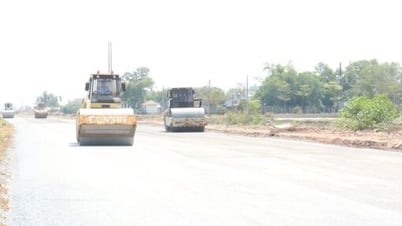

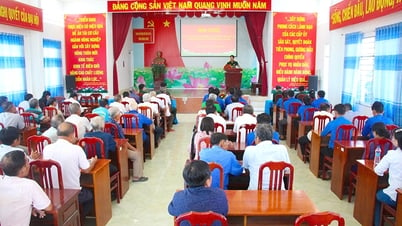
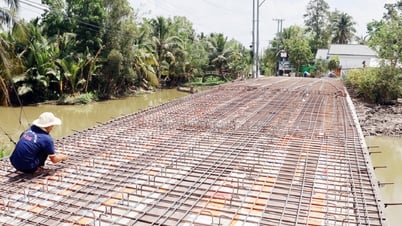

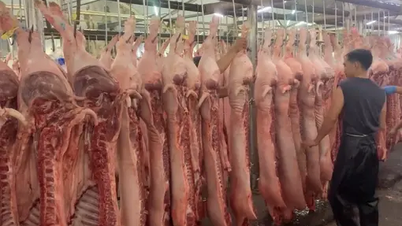







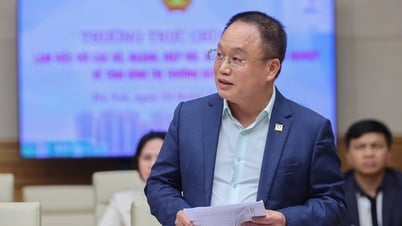
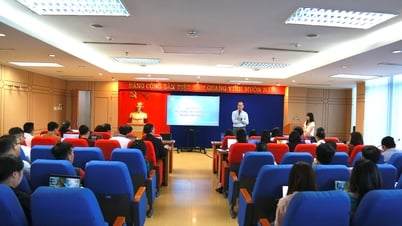

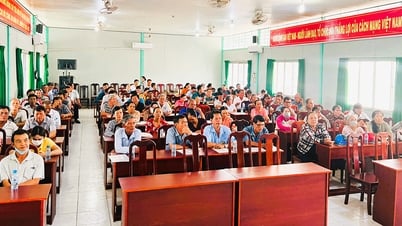


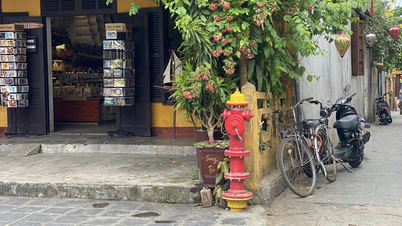

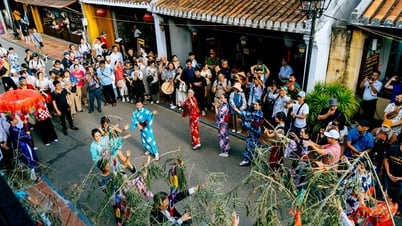



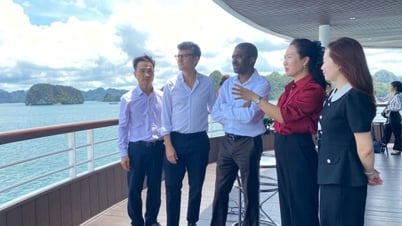

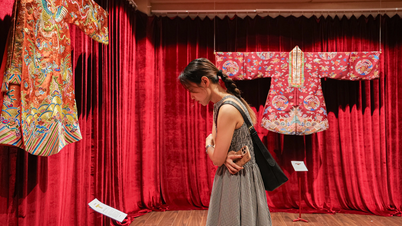



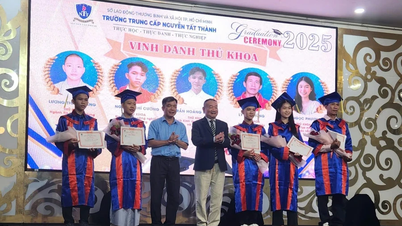


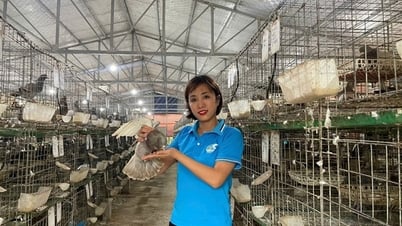

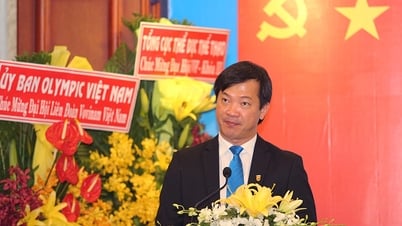




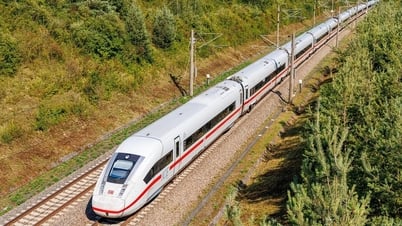








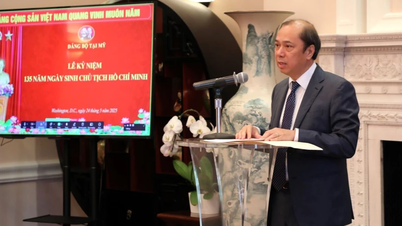
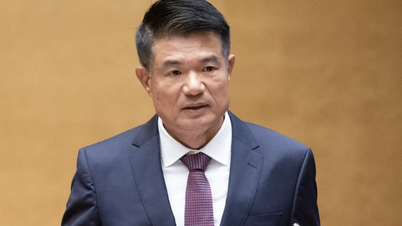
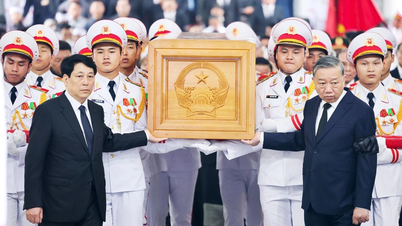
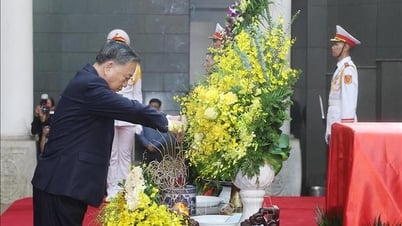







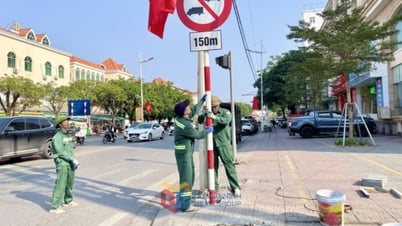


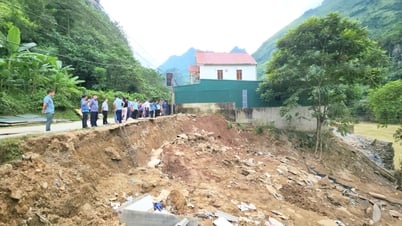

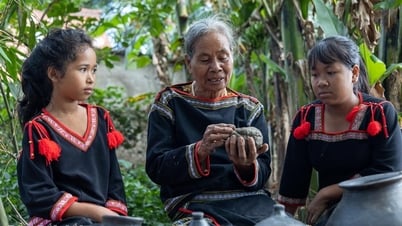



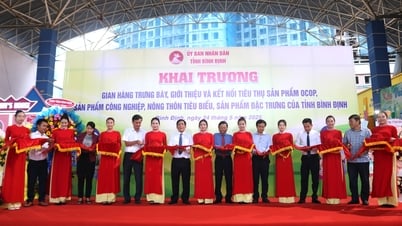

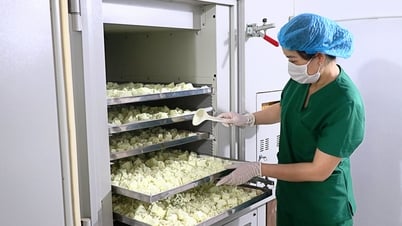

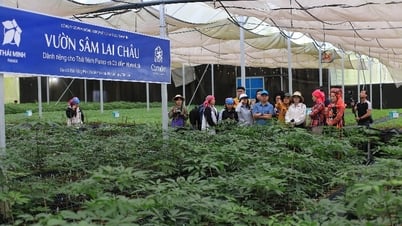



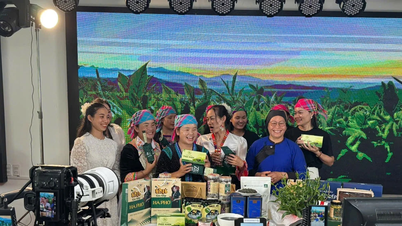



Comment (0)